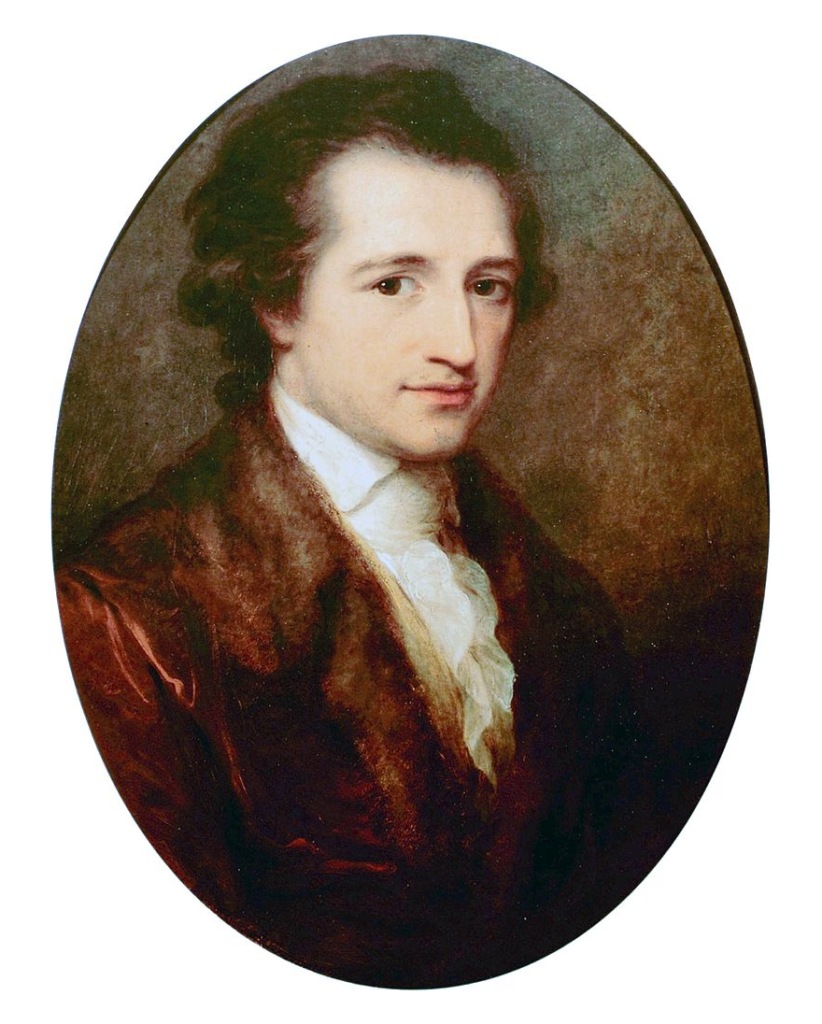Vincent van Gogh? Joni Mitchell? Justin Lee Collins? Nellie Hermann? Apocryphal?

Question for Quote Investigator: A personal website enables an artist to achieve inexpensive worldwide distribution of a large digital portfolio. Yet, the greatest challenge for an artist today is convincing others to pay attention to their artworks.
In the late nineteenth century an artist who later became famous experienced this same problem of bleak obscurity. The artist lamented that there was a great fire in his soul, but others were unaware. No one chose to warm themselves at this fire. This notion has been attributed to the Dutch painter Vincent van Gogh. Would you please help me to find a citation?
Reply from Quote Investigator: In 1880 Vincent van Gogh penned a letter in French to his brother Theo. The following excerpt rendered into English is from the 1978 edition of “The Complete Letters of Vincent van Gogh”. Boldface added to excerpts by QI:1
Do our inner thoughts ever show outwardly? There may be a great fire in our soul, yet no one ever comes to warm himself at it, and the passers-by see only a wisp of smoke coming through the chimney, and go along their way.
Look here, now, what must be done? Must one tend that inner fire, have salt in oneself, wait patiently yet with how much impatience for the hour when somebody will come and sit down near it—maybe to stay? Let him who believes in God wait for the hour that will come sooner or later.
The mention of salt corresponds to the biblical verse Mark 9:50. In this case, it means energizing oneself and persevering.
Below are additional selected citations in chronological order.
Continue reading “Quote Origin: There May Be a Great Fire In Our Soul, Yet No One Ever Comes To Warm Themselves At It. Passers-By See Only a Wisp of Smoke from a Chimney”







